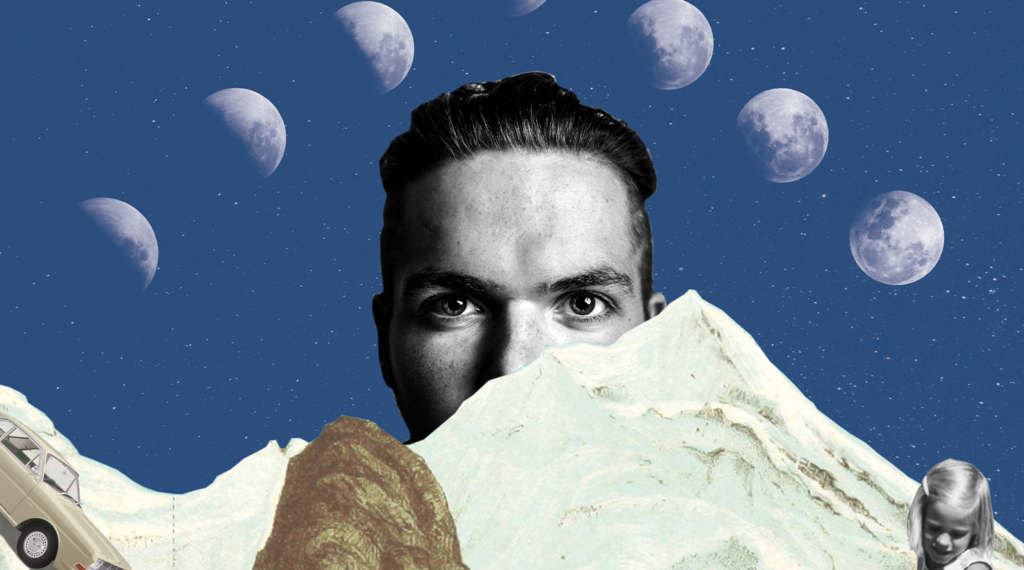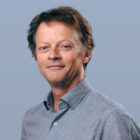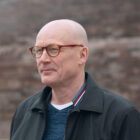Future Nordics: We must bridge the gap between research and policy solutions

In times characterised by splintered interests and political polarisation, a holistic perspective on societal challenges becomes increasingly relevant. Simultaneous challenges ‒ from changes in the environment and the economy, to the urban-rural divide, to cultural and social cleavages ‒ must be met. The Nordic countries are known for their welfare societies which focus on the well-being of all through solidarity; a high level of trust between citizens and authorities; and often consensual decision-making based on agreement between corporations and political parties. The economic and cultural strength of all Nordic countries has proven the benefit of placing the human being in the centre.
And now, how will the Nordic region respond to these changes? Considering globalisation, migration, digitalisation ‒ to mention only some of the (new) challenges that are changing our world ‒ models of the past must severely scrutinise their ideological and political base. It is not enough to preserve, there is a need to adapt and develop. This involves processes that interfere deeply in cultural and social life.
A joint programme
To respond to these urgent challenges of our time, six research funding organisations in the Nordic countries invited researchers in humanities and social sciences to be part of a seven-year programmenamed Future Challenges in the Nordics, People – Culture – Society (Future Nordics).
This programme builds bridges between policies and research. “I want the collaboration and dialogue between decision-makers and research to be expanded,” says CEO Dag Wallgren, who leads the Society of Swedish Literature in Finland (SLS). After a seminar including researchers and stakeholders, SLS launched the idea of a research programme on societal challenges, and five other funders responded to the initiative: two from Sweden (Riksbankens Jubileumsfond and the Kamprad Family Foundation) and three from Finland (the Finnish Cultural Foundation, the Swedish Cultural Foundation in Finland and Stiftelsen Brita Maria Renlunds minne).
The joint funding, more than €10 million, allowed for a call to finance research for up to 4 years with €1 million per project. A steering group and a planning team including representatives of the funding institutions was established to supervise the programme. SLS took responsibility for its administration, and also established a communication group.
The process
The programme aims, from a Nordic perspective, to study the bigger picture in its complexity while keeping the human being in the centre. The expressed aim is to influence policies for future cultural and social well-being in a challenging context.
The call, launched in 2020, was targeted at universities and research centres active in humanities or social science. To foster cross-disciplinary research, the organisers encouraged applications that include cooperation between researchers from different disciplines. It aimed at avoiding single-country studies and required participation by researchers from more than one Nordic country. “We value the holistic view on the surrounding world”, says Sören Lillkung, CEO of the Swedish Cultural Foundation in Finland, stressing the interdisciplinary character of the programme. “It constitutes interactions: between branches of science; between humans and surroundings; and between hard and soft values.”
An expressed requirement was that project plans must show applicability and relevance with respect to practical policies. Projects that passed these thresholds were to be evaluated on scientific merit only. The bottom-up approach of the programme was a starting point. As formulated by CEO Marika Hedin from Riksbankens Jubileumsfond, “… it is important that research questions are formulated within a peer-review context. In our experience, this generates the most fruitful and relevant projects.”
The projects
The success of the call surprised and overwhelmed the steering group. In all, 449 applications were submitted. The great response from the scientific community clearly demonstrated that the call was timely and relevant. A scientific review panel was appointed to select projects to be invited to develop their plan. From these, in a second round, the reviewers arrived at a short list from which the steering group could choose 11 projects to be financed. The projects represent combinations of, e.g., social science, communication, history, anthropology, pedagogics, linguistics, human geography, digital humanities, law, and economy. The actual research kicked off this autumn, with the selected projects being brought together for a first joint seminar to inform each other and the organisers of their research agendas.
Follow up and future plans
The coming years will involve several programme activities. The next stop for the projects on this journey will be the mid-term follow up. This will take place two years from now, in autumn 2024. On this occasion the projects will report findings and results, but it will also be an opportunity to share ideas and experiences with colleagues from other projects. The programme will wrap up with a final conference in 2026, and in 2027 it will be evaluated.
In addition,the programme’s communication group will support the projects in communicating their results with all kinds of interaction between the researchers and society over the years ahead of us.
Finally, we hope that knowledge transfer will benefit society so that decision-makers really can make use of the results generated by the projects. Perhaps it is also time for a new common vision for the Nordic region and to use our common capacities so that we can solve shared challenges together and help building even more reflective societies.
Or as Antti Arjava, secretary General of the Finnish Cultural Foundation, puts it: “This programme should invite scholars to adopt a pragmatic approach, which aims at providing solutions to the most pressing challenges. I hope it will enhance the influence and reputation of the humanities and social sciences on a more general level.”
Authors



